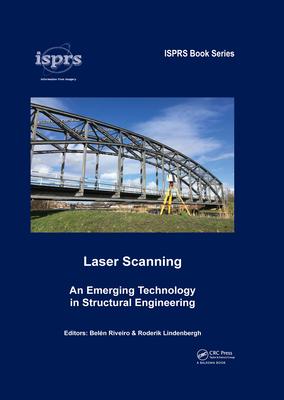This book provides an overview on the evolution of laser scanning technology and its noticeable impact in the structural engineering domain. It provides an up-to-date synthesis of the state-of-the-art of the technology for the reverse engineering of built constructions, including terrestrial, mobile, and different portable solutions, for laser scanning. Data processing of large point clouds has experienced an important advance in the last years, and thus, an intense activity in the development of automated data processing algorithms has been noticed. Thus, this book aims to provide an overview of state-of-the-art algorithms, different best practices and most recent processing tools in connection to particular applications.
Readers will find this a comprehensive book, that updates the practice of laser scanning for researchers and professionals not only from the geomatic domain, but also other fields such as structural and construction engineering. A set of successful applications to structural engineering are illustrated, including also synergies with other technologies, that can inspire professionals to adopt laser scanning in their day-to-day activity.
This cutting-edge edited volume will be a valuable resource for students, researchers and professional engineers with an interest in laser scanning and its applications in the structural engineering domain.
